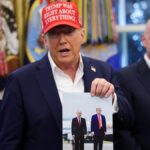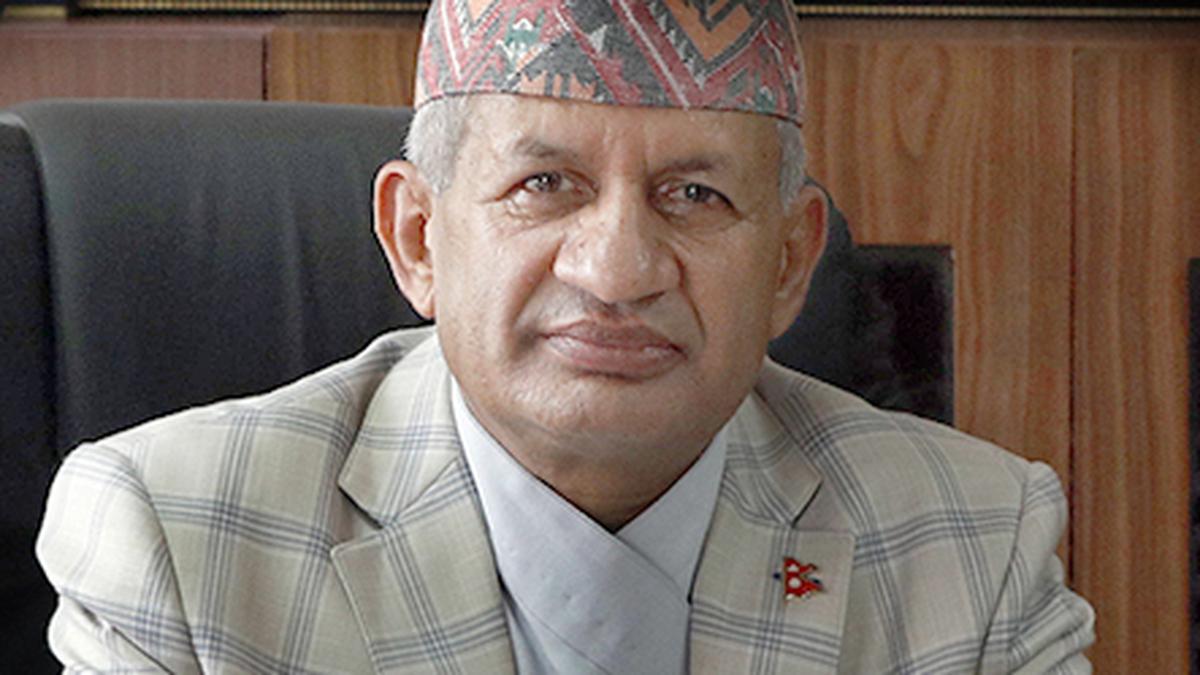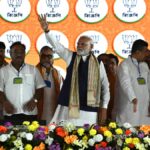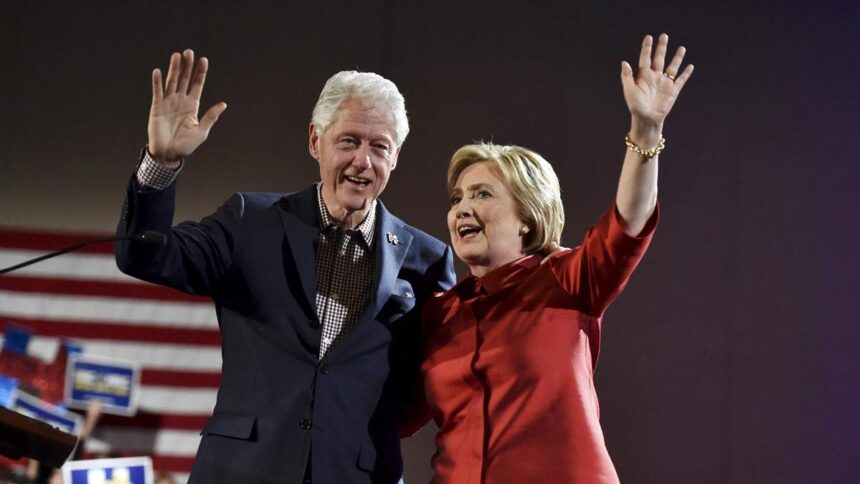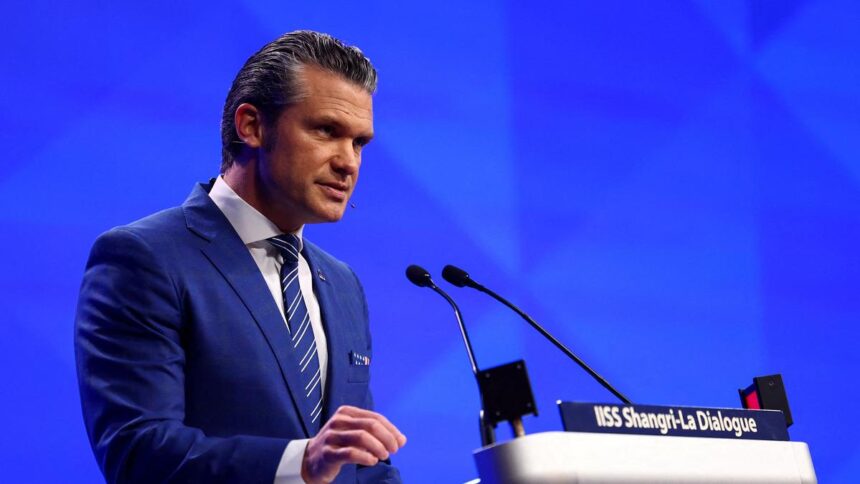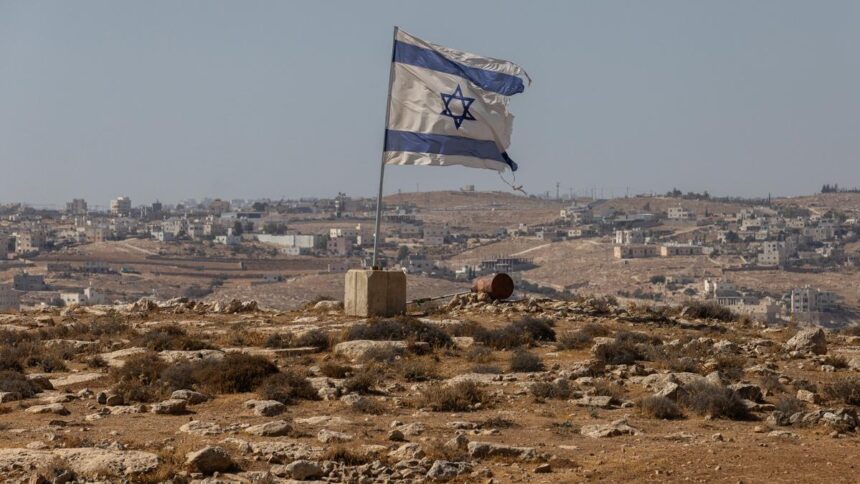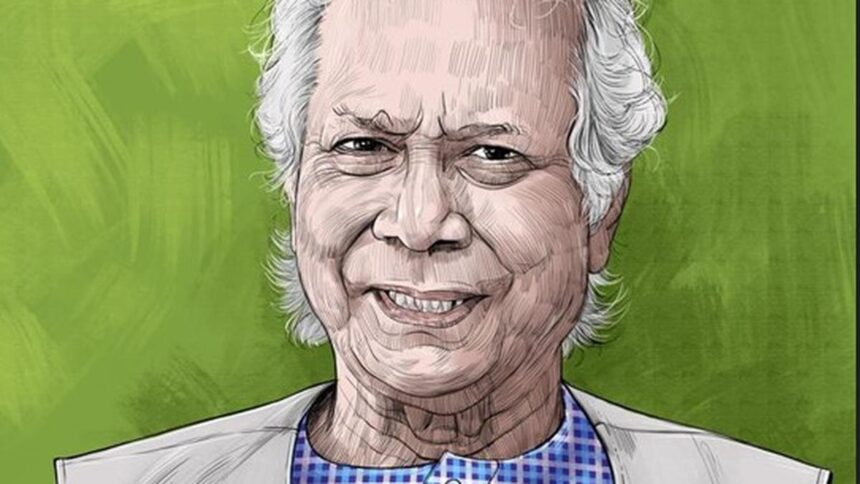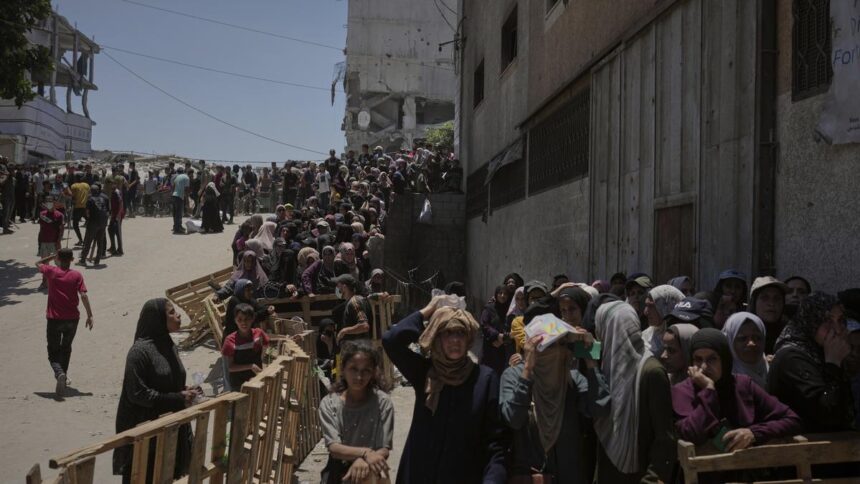
Nepal’s former Foreign Minister Pradeep Gyawali. File
| Photo Credit: AP
India and China’s agreement to restart border trade through the Lipu Lekh Pass in Uttarakhand has come under fire in Nepal, as it lies in the contested Kalapani-Lipu Lekh-Limpiyadhura region, which is claimed by Nepal.

This development is “unexpected and unacceptable” to Nepal, but Kathmandu will not let it disrupt dialogue with India, said a leading member of Nepali Prime Minister K.P. Sharma Oli’s party, the Communist Party of Nepal-Unified Marxist Leninist.
Also Read | Silence will only embolden the bully: Chinese Ambassador on U.S. tariffs
India and China took the decision on border trade during the August 18 and 19 visit of Chinese Foreign Minister Wang Yi to Delhi, at a time when South Block had also extended an invitation to the Nepali Prime Minister to visit India. There is growing pressure on Mr. Oli to take a firm position on Lipu Lekh.
‘Integral part of Nepal’
“We informed India about our position in 2015, 2018, and in 2019 [after India published a new map], conveying that Lipu Lekh is a part of Nepal’s sovereign territory as per the treaty of Sugauli. Therefore this kind of an agreement between India and China is unexpected and unacceptable to us,” said Pradeep Gyawali, CPN-UML deputy general secretary.
Nepal will soon send a diplomatic note on this subject, he said. Mr. Gyawali had served as Nepal’s Foreign Minister between 2018 and 2021, when Nepal and India had several tense exchanges over Kalapani, Limpiyadhura, and Lipu Lekh. The government of Nepal subsequently enacted an insignia depicting the territorial extent of Nepal, covering the contested triangular region.
India and China had agreed to restart border trade through the Lipu Lekh Pass in Uttarakhand, Shipki La Pass in Himachal Pradesh, and Nathu La Pass in Sikkim. A day later, Nepal responded, saying, “According to Nepal’s constitution, the area to the east of the Mahakali river including Limpiyadhura, Lipu Lekh and Kalapani are integral parts of Nepal.”
‘Long history of trade’
India responded saying that border trade between India and China through the Lipu Lekh Pass had started in 1954 and continued for decades. “This trade had been disrupted in recent years due to COVID and other developments and both sides have now agreed to resume it. As regards territorial claims, our position remains that such claims are neither justified nor based on historical facts and evidence,” MEA spokesperson Randhir Jaiswal said.
A day before Mr. Wang’s arrival, Foreign Secretary Vikram Misri paid a visit to Kathmandu and met a number of Nepalese officials including Foreign Minister Arzu Rana Deuba and Foreign Secretary Amrit Bahadur Rai. He also called on the Prime Minister and invited him to visit India. Mr. Oli has not been hosted by India since he took charge in July 2024. He visited China in December 2024, however, and is on track to participate in the Shanghai Cooperation Organisation’s summit meeting in Tianjin from August 31 to September 1.
Mr. Gyawali said Nepal will intensify its diplomatic consultation with India to emphasise its claims over Lipu Lekh. At the moment, however, Mr. Oli’s planned visit to India remain on track. “India and China are our two of the biggest partners and we have several development projects ongoing with both sides. Therefore this irritant will not be allowed to derail Prime Minister Oli’s plans to visit India. But we will certainly take up the issue firmly with India,” he said.
Published – August 22, 2025 10:50 pm IST





